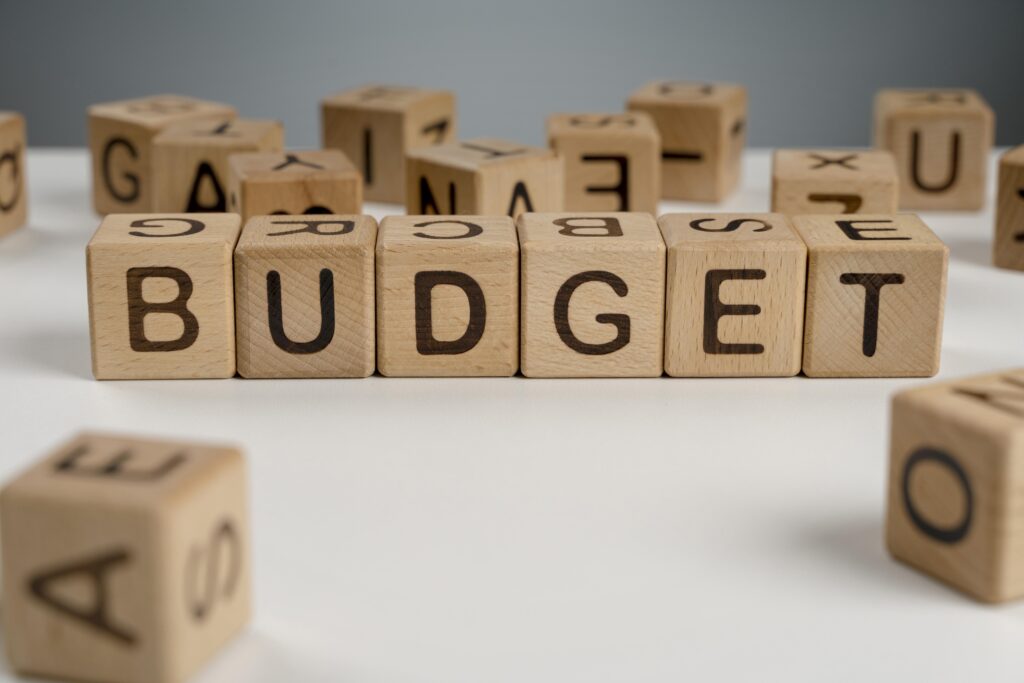Things to Consider when Defining Budgets for Events

Defining a budget for events is a crucial aspect of event planning. A budget serves as a financial roadmap, providing clear guidelines for spending and ensuring that the event stays within financial limits. It helps to manage expenses effectively and prevents overspending and enables event organisers to focus on critical elements of the event that directly contribute to achieving the event’s goals. This ensures that the most important aspects are adequately funded.

Here are important considerations when creating an event budget:
1. Event Goals and Objectives:
Understand the purpose of the event. Define clear, specific goals, and the outcomes you aim to achieve. This will guide your budgeting decisions and help prioritise spending on elements that align with these objectives.
2. Scope and Scale of the Event:
Determine the size, scale, and complexity of the event. Whether it’s a small corporate meeting or a large-scale conference, the scale influences the budget. Consider the number of attendees, venue size, duration, and the activities involved.
3. Fixed and Variable Costs:
Identify fixed costs like venue hire, equipment, insurance, permits, and staffing. Variable costs include catering, decorations, entertainment, and promotional items. Distinguish between these costs as fixed costs are more predictable, while variable costs can fluctuate based on choices and attendee numbers.
4. Prioritisation of Expenses:
Rank expenses by priority based on the event’s goals. Allocate a larger portion of the budget to key elements such as venue, audiovisuals, and catering, while allocating less to secondary aspects.

5. Vendor Selection and Negotiation:
Research and select reliable vendors and suppliers. Request multiple quotes and negotiate prices. Building relationships with vendors can lead to better deals and discounts.
6. Contingency Fund:
Set aside a contingency fund (typically 10-20% of the total budget) for unforeseen expenses or emergencies. It provides a safety net in case of unexpected cost overruns.
7. Marketing and Promotion:
Budget for marketing and promotional activities to attract attendees. This includes expenses for advertising, social media promotions, printed materials, and digital marketing.
8. Record Keeping and Tracking:
Maintain a detailed record of all expenses. Use spreadsheets or specialised event management software to track budget items and expenditures. Regularly review and compare actual spending against the planned budget.
9. Staffing Costs:
Account for costs related to event staffing, such as wages for event managers, coordinators, technicians, and support staff. Ensure these costs are included in your budget plan.
10. Post-Event Evaluation:
Budget for post-event activities, including surveys or feedback collection. Assessing the success of the event against the budget and the predetermined objectives helps in refining future event planning and budgeting.
11. Sponsorships and Partnerships:
Explore opportunities for sponsorships or partnerships, which can offset costs or provide resources in exchange for promotional opportunities. Incorporate these contributions into your budget planning.

12. Green Initiatives and Sustainability:
Consider incorporating environmentally friendly practices and using sustainable venues, which might have associated costs but can enhance the event’s appeal and support sustainability goals.
Ultimately, the key to a successful event budget lies in thorough research, realistic cost estimations, continuous monitoring, and adaptability to unexpected changes or challenges. Flexibility is crucial as adjustments may be necessary throughout the planning process.
Related Posts

A Corporate Christmas Party with a Difference
Do you dread the company’s Christmas party invitation arriving on your desk? Tired of soggy sausage rolls, lukewarm turkey, and limp vegetables, coupled with making small talk over a glass…

Electric Flamingo Christmas Party
In the dark days of winter, London becomes a canvas of sparkling lights, festive decorations, and joyous celebrations. Among the myriad of events, the Electric Flamingo Christmas Party at The…

Le Sorelle Barge in London
Discover an unparalleled blend of historical charm, luxury, and modern comfort aboard Le Sorelle, an extraordinary 1950s barge conversion nestled in the heart of Canary Wharf. Crafted with reclaimed wood…

Finding the Perfect Gallery Venue in London
Finding the perfect gallery venue for an event offers an inspiring environment that can greatly enhance the creative experience. These spaces are specifically designed to showcase artistic work, providing optimal…
